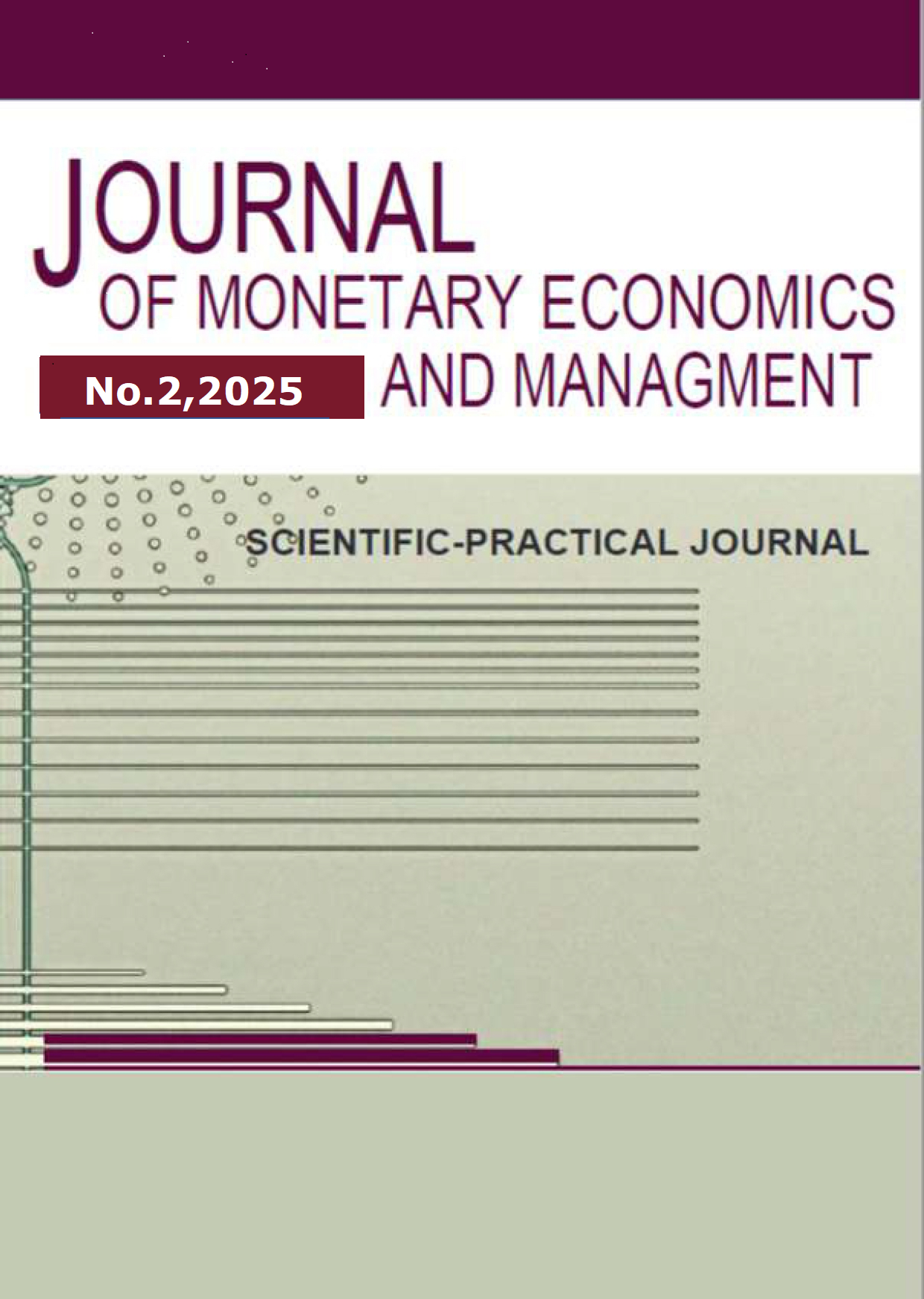The article examines modern digital technologies for automating business processes in the IT sphere, their role in transforming management and enhancing the competitiveness of companies. The main tools, such as ERP, CRM, BPM systems, artificial intelligence, machine learning, cloud technologies, and BI analytics, as well as their integration into unified ecosystems, are analyzed. Examples of successful automation in large IT companies and startups are provided, demonstrating increased operational efficiency, reduced costs, and improved customer service quality. The prospects for implementing innovative solutions, including blockchain, the Internet of Things (IoT), and low-code platforms, are discussed. Particular attention is paid to the challenges of digitalization, such as cybersecurity, the shortage of skilled personnel, high implementation costs, and resistance to change, along with potential solutions to these challenges. Conclusions are drawn about the critical importance of automation for improving the management efficiency of IT companies, optimizing processes, and achieving strategic goals in the digital economy. The need to adapt business models to rapidly changing technological trends and the importance of developing a digital culture within organizations are emphasized.
automation, business processes, IT sphere, digital technologies, ERP, CRM, BPM, artificial intelligence, cloud technologies, BI analytics, digitalization, management of IT companies
1. Deloyt. Tendencii v avtomatizacii biznes-processov. 2023. URL: https://www2.deloitte.com .
2. Gartner. Otchet o cifrovoy transformacii biznesa. 2024. URL: https://www.gartner.com .
3. MakKinsi i kompaniya. Buduschee avtomatizaciya. 2023. URL: https://www.mckinsey.com .
4. Statistika. Rost rynka IT-avtomatizacii. 2024. URL: https://www.statista.com .
5. Mutahar Mohammed Abdulmalek Mohammed, Pelaes Krus Karla Elena Razrabotka prilozheniya dlya optimizacii biznes-processov na osnove sistemnoy dinamiki i sbalansirovannoy sistemy pokazateley. // Journal of Monetary Economics and Management. - 2024.- № 5.- S.203-208









